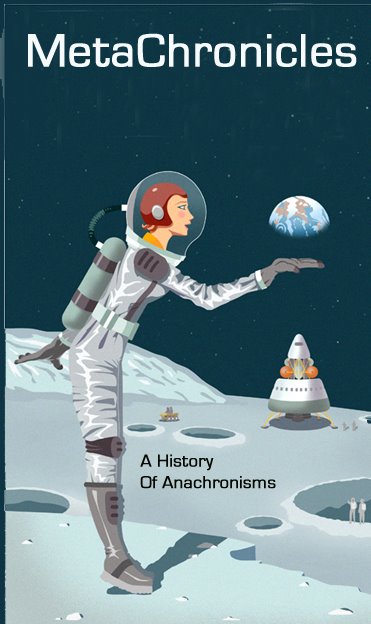
1 Was there a lot of research involved in the Larklight books or were you already very familiar with Victorian technology? Was this something new to you? I did do a lot of research – the classic Steampunk look is usually taken from the late Victorian period so I had to try and root our look in the mid 19th century, so there would be more brass and wood instead of iron and rivets. This was quite difficult as I’m quite a fan of the late period, particularly the Gothic Revival excesses, the Pre-Raphaelites, William Morris etc. so I’m naturally inclined to think of those styles when I think of Victoriana. Of course, being an extravagant historical fantasy I could get away with mixing things up a little. Being in
2 Was this your first science fiction work since 2000 AD? And how did it differ? I’ve done a few book covers, but being interested in history I’ve always prefered the anachronistic or post-apocalyptic sci-fi as you can mix up the styles. I’m always drawn to that rather than the ultra-modern, sleek spaceship kind of thing – possibly a result of seeing Star Wars at an early age and responding to the lived-in, battered look...
3 What, if any, do you feel is the appeal of older technologies? Firstly, while modern technology is astounding and there’s a lot to celebrate, there’s a feeling of removal from the tools. For instance, if I look under the bonnet of my car, it looks similar to the inside of my computer. I’ve got no idea where anything is. Look under the bonnet of an old Land Rover and even I can see what bit is what, and I’m in with a chance of fixing it myself. Also, there’s a fundamental human delight in things that are well crafted and built to last, unlike a lot of stuff these days that is expected to be scrapped very quickly and consequently designed as such.

No comments:
Post a Comment